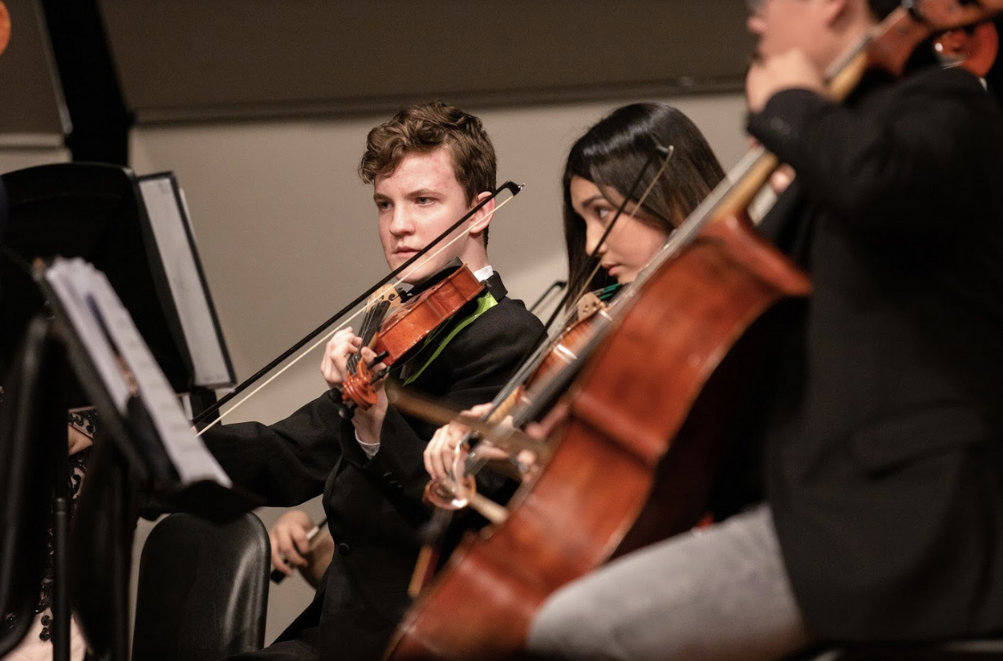What are the benefits of learning to play an instrument?
1. Playing an instrument makes you smarter
Many studies show a correlation between music training and academic success in both children and adults. Learning to play an instrument stimulates the brain, improving functions like memory and abstract reasoning skills.
2. It builds your confidence
Playing an instrument gives you a sense of achievement and it helps you get comfortable with self-expression. Playing in public can help children feel confident in presenting their work in a non-academic context.
3. Playing an instrument relieves stress and tension
Music keeps you calm. It has a unique effect on our emotions, it has a beneficial effect on our psychological functions and has even been proven to lower heart rate and blood pressure as well as decrease the levels of stress hormones in the body.
4. It helps improve your memory
Music improves patience but it also empowers great memory skills. Learning to play a musical instrument enhances memory functions. Musicians use both sides of their brain which enables them to give their memories multiple tags, such as conceptual, emotional and audio tags, making it easier to extrapolate the memories when needed.
5. Music makes you more social and creative
Practicing and perfecting a piece of music does wonders for the creative side of your brain. Joining a musical group at any age encourages you to develop relationships with new kinds of people. It also builds skills in leadership and team-building.
6. It increases discipline and management skills
Learning music takes time and effort. It helps children understand that if they want to be good at something, they’ll need to invest hours into practicing and organize their time effectively. Setting aside regular time for practice develops commitment and patience.
7. Learning music improves ability to focus
Learning to play an instrument requires significant levels of concentration, training children to focus their attention for sustained periods. Playing music helps children develop motor skills and increases the sense of coordination.
8. Playing music is fun
Whereas other hobbies like watching TV or flicking through social media are passive, playing music actively engages and stimulates the whole brain, making you feel happy and occupied.

